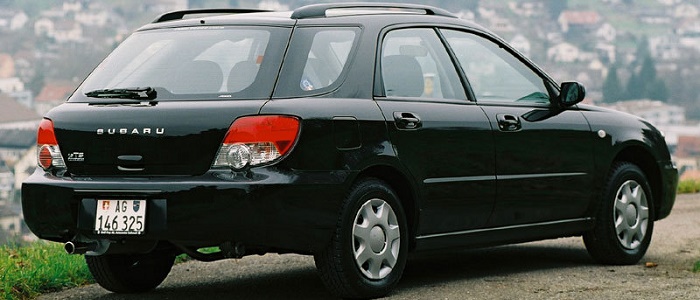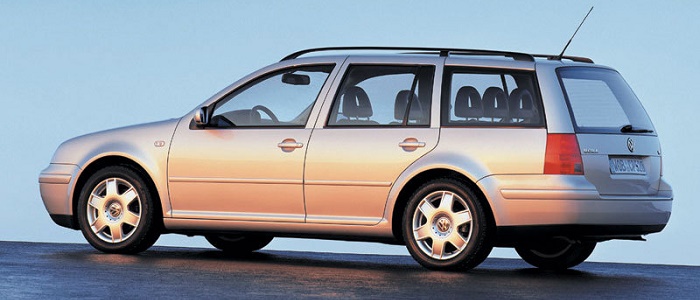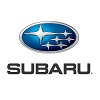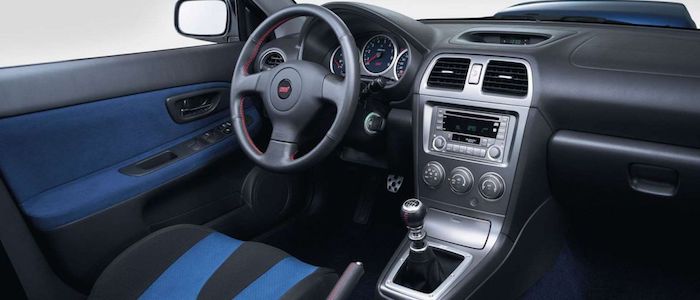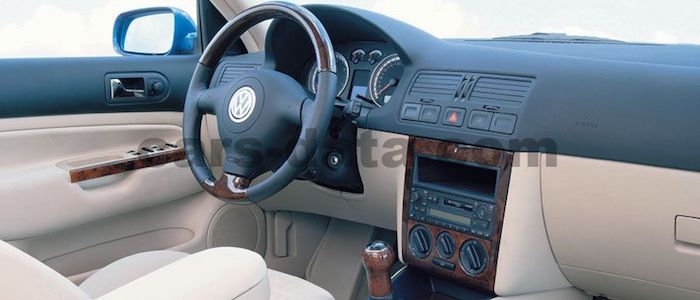Compare two cars
Compare any two cars and get our Virtual Adviser™ opinion
Dimensons & Outlines
Check vehicle history
Engine
Performance (manual gearbox)
Performance (automatic gearbox)
Expenses
Virtual Adviser's™ opinion
Two significantly similar cars, no doubt about that. Still, each one has something different to offer. Having both cars powered by petrol engines and utilizing the 5-door wagon body style within the same 'Small family car' segment, the only major difference here really is their wheel drive configuration (4 x 4 for the Subaru and front in the case of the Volkswagen). The first one has a Subaru-engineered powertrain under the hood, a 4-cylinder, 16-valves 125hp unit, while the other one gets its power and torque from a 4-cylinder, 20-valves 150hp engine designed by Audi.
SafetyUnfortunatelly, neither of the two vehicles was submitted to the European New Car Assessment Programme (Euro NCAP) testing. This makes it virtually impossible for me to pick one over the other and I'm generally against buying such cars as the safety should really always come first. Moving further on, let's take a closer look at some additional safety-related facts. Both vehicles belong to the small family car segment, which is generally classifying them somewhere in the middle safety-wise, but it doesn't do much to help us decide between the two. Furthermore, if we'd like to consider vehicle mass in this context too, which we definitely should, the Japanese car offers a marginal difference of 1% more metal.
ReliabilityManufacturers have been building their reliability reputation for decades now and, generally speaking, it appears that both brands display similar results in faults and breakdowns, at least on all of the models level. These are the official statistics, while our visitors describe reliability of Subaru, as well as Volkswagen, with the same average rating of 4.2 out of 5. The same official information place Impreza as average reliability-wise, and Bora is more or less at the same level.Above it all, drivers of cars with the same engine as the Japanese car rank it on average as 3.6, while the one under the competitor's bonnet gets 4.5 out of 5.
Performance & Fuel economyVolkswagen is undoubtly more agile, reaching 100km/h in 1 seconds less than its competitor. In addition to that it accelerates all the way to 216 kilometers per hour, 28km/h more than the other car. When it comes to fuel economy the winner has to be the German car, averaging around 8 liters of fuel per 100 kilometers (35 mpg), in combined cycle. We can't ignore that 11% difference compared to the Japanese car.
Verdict
Volkswagen appears just a bit more reliable, although the difference is truly marginal. The most important thing when deciding between any two vehicles should always be safety, both passive and active. In my opinion, everything taken into account, the Japanese car offers slightly better overall protection and takes the lead. From there things take a different direction, with Volkswagen outracing its opponent in any situation possible, making it better choice for boy racers. To make things even better, it consumps less fuel! All together, there's not much more to say, in this case I wouldn't even consider anything but Volkswagen. In any case that's my personal view, built upon all the data available to me. What should decide here though is the way you feel about the two vehicles, and I hope you'll find my guidelines useful in the process. In case you have two minutes to spare I invite you to define your needs, desires and budget and see which car would be chosen by the virtual adviser™, out of 12.000+ vehicles we currently have in our database.























